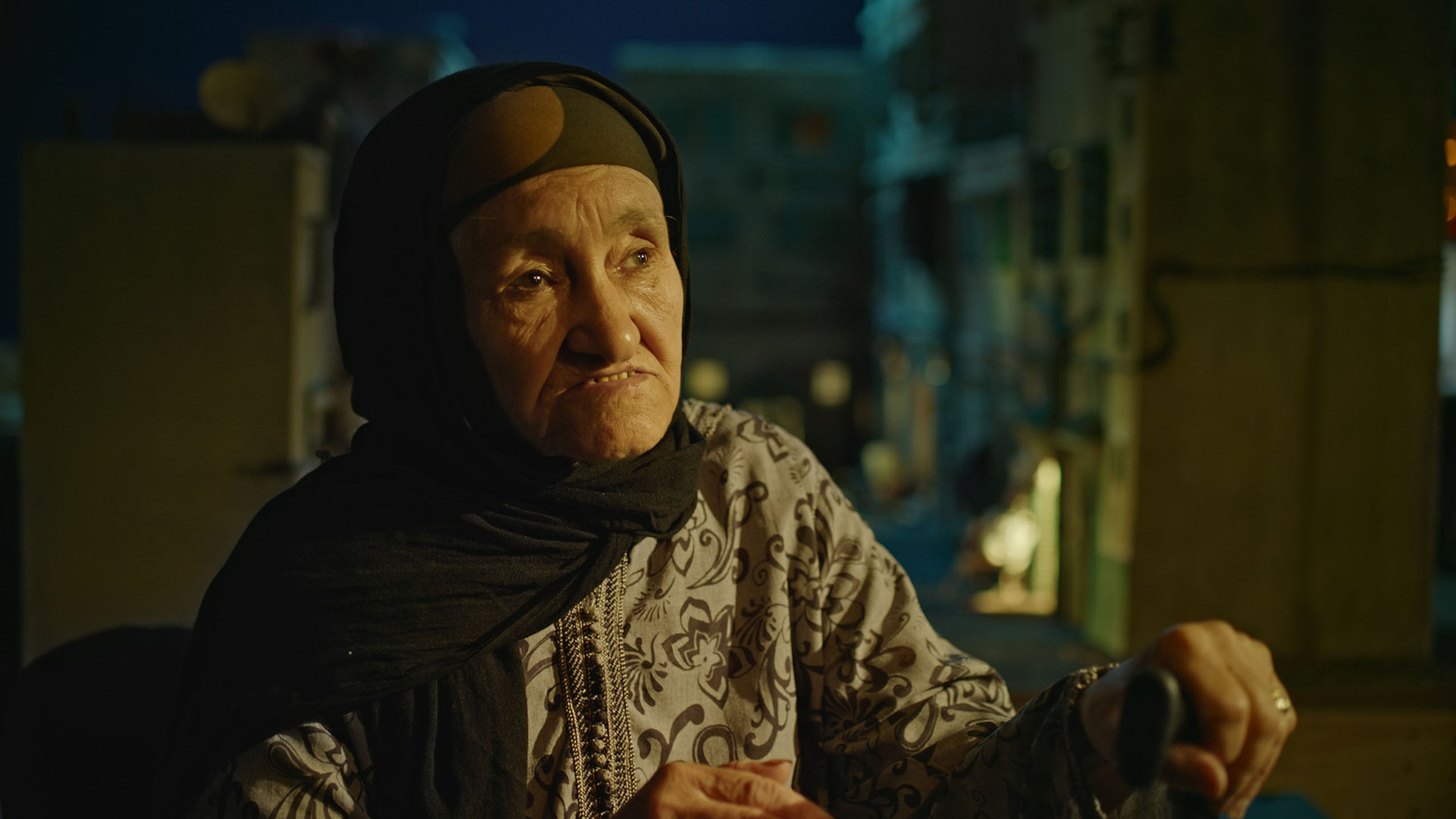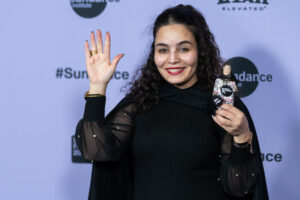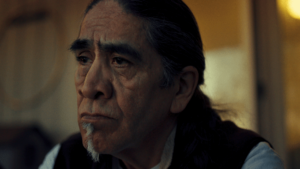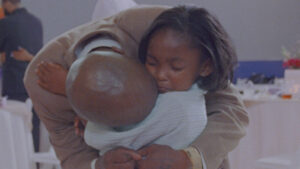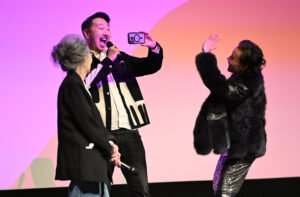By Jessica Herndon
One of the most exciting things about the Sundance Film Festival is having a front-row seat for the bright future of independent filmmaking. While we can learn a lot about the filmmakers from the 2024 Sundance Film Festival through the art that these storytellers share with us, there’s always more we can learn about them as people. This year, we decided to get to the bottom of those artistic wells with our ongoing series: Give Me the Backstory!
When documentary filmmaker Asmae El Moudir began making The Mother of All Lies in 2012, she could only find one photo connected to the story she wanted to tell. The story was that of her family and their connection to the 1981 Casablanca Bread Riots in Morocco, El Moudir’s home country. What started as a simple question for El Moudir — Why didn’t she have any photos of her family or childhood? — grew into an artistic quest for the filmmaker, whose doc screened in the Spotlight section of the 2024 Sundance Film Festival after premiering at the 76th Cannes Film Festival, where El Moudir won the Un Certain Regard Best Director award.
While piecing together her family’s past, she learned that 600 protestors who opposed increased food prices had been killed in one day while rioting in Casablanca near the home where her family lived until 2016. El Moudir’s kin had hoped to leave the events of that day in the past. But she refused to be deterred and got her grandmother, mother, and father to appear in the documentary, which also relies on animated miniature marionettes to tell the mysterious story, as filming in her hometown was difficult.
For the filmmaker, The Mother of All Lies is built on the power of resurrecting sweet and haunting memories. “My film is about oral memory,” she says. “If images are erased and bodies are hidden or disappeared, people’s memories are still recalled. Through my film I want to say that we must never crush or erase a black or white past. It’s the past of generations, and we must preserve it and assume it, because each generation needs to re-appropriate its past, to identify with it, in order to move on to the future.”
Below, El Moudir discusses the message behind The Mother of All Lies, the biggest challenge she faced while making the documentary, and how she got into filmmaking.

Why does this story need to be told now?
This story needs to be told now because when I started this film in 2012, I started with one photo and finished in 2020 with 500 hours of materials. I created my own archive inside the house for seven years with my small camera. The lack pushed me to create images out of passion. The question today is, with all these abused images we have on the networks and everywhere, do we have a memory? Can this quantity of images we store every day be an archive of memory?
How do you want people to feel after they see The Mother of All Lies?
The film conveys feelings of love to those close to us, therapy. I want people to receive this reconciliation with the past. And to reconcile with themselves. Forgiving loved ones and accepting the past as it is.
What was your favorite part of making the film? Memories from the process?
My favorite moment was when the miniature set and figurines were ready. And when my grandmother agreed to join us in what I call the “laboratory.” The last part of the shoot was very important.
What was a big challenge you faced while making this film?
Working on a very sensitive subject with real characters for years and creating a space where they can talk freely about their traumatic past without their lives being in danger.
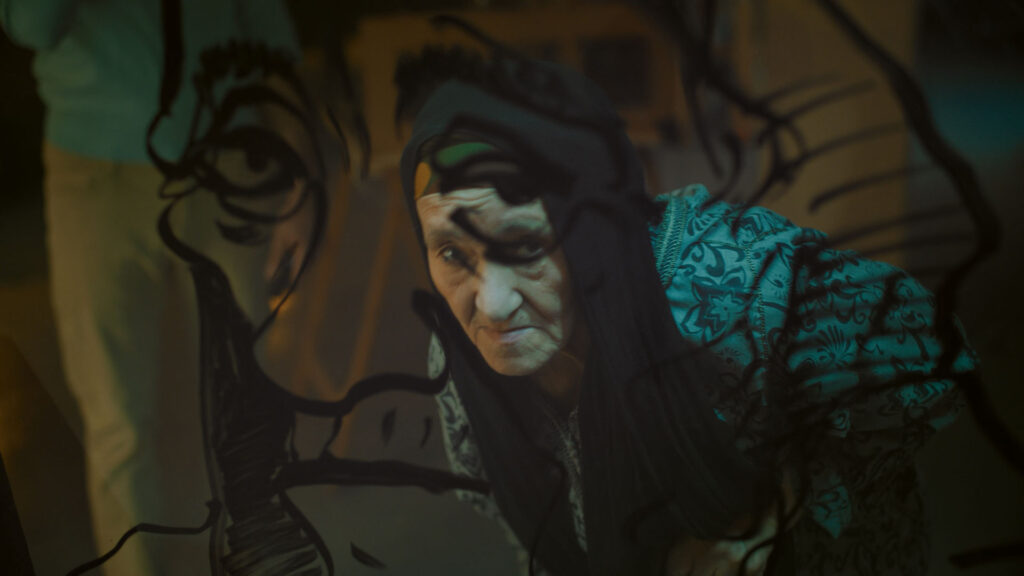
Tell us why and how you got into filmmaking.
I started with photography, then philosophy. I love philosophy. I always wanted to tell and invent stories, and I tried literature, but I’m not gifted. I also assayed to draw and write poems, but my skills were very mediocre. When I discovered amateur cinema at school in Morocco, I said to myself, “This is my vocation.” And since then, my passion to tell stories is growing day by day, as well as the joy.
Why is filmmaking important to you? Why is it important to the world?
Cinema is important because when it is successful, it can be universal and reach the widest audience in the world. This is what happened with my intimate story of Casablanca people — in Canada, in China, and everywhere, audiences managed to identify.
One thing people don’t know about me is _____.
My name, El Moudir, in Arabic, means director. So I was born a director, with modesty of course.




